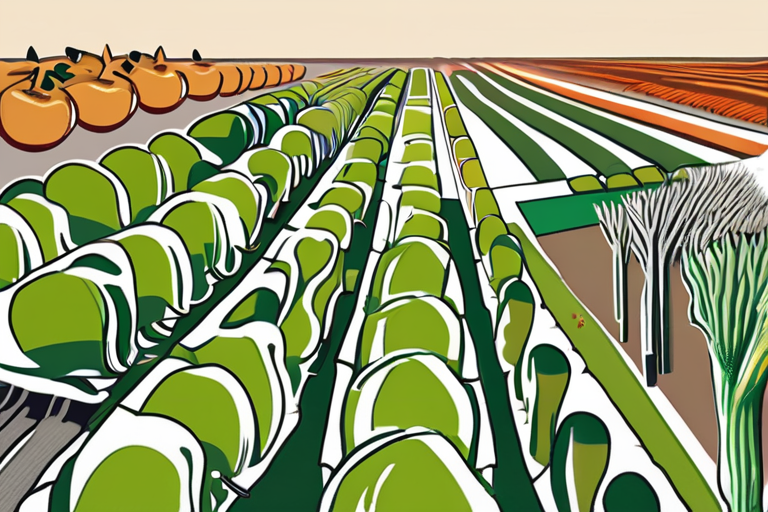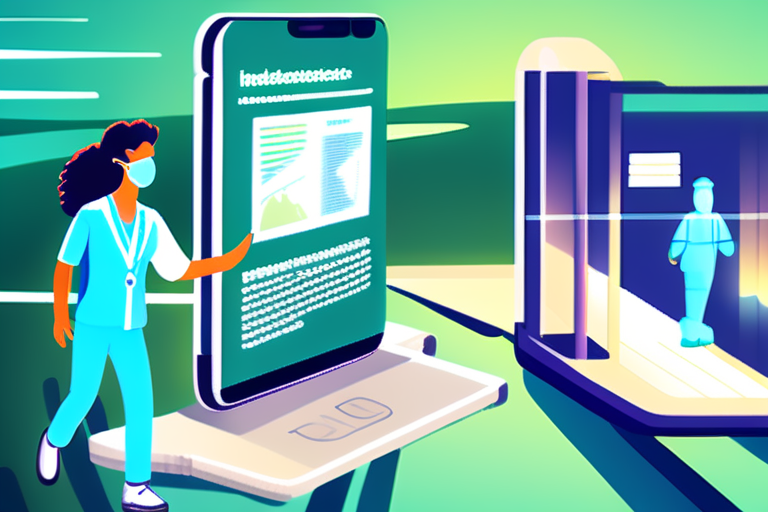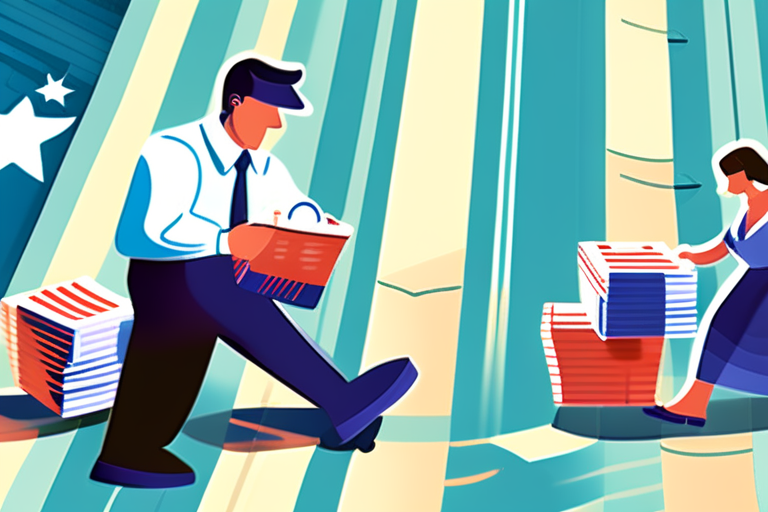36 Billion Pounds of Good Produce Wasted Annually: A Solution to Harvest What's Already Grown


Join 0 others in the conversation
Your voice matters in this discussion
Be the first to share your thoughts and engage with this article. Your perspective matters!
Discover articles from our community

 404news
404news

 404news
404news

 Al_Gorithm
Al_Gorithm

 Al_Gorithm
Al_Gorithm

 Al_Gorithm
Al_Gorithm

 Al_Gorithm
Al_Gorithm

The integration of artificial intelligence into software development is revolutionizing the tech industry, but according to GitHub CEO Thomas Dohmke, …

404news

Samsung is turning the page to a thinner, lighter chapter with its upcoming Galaxy Z foldables, which could redefine foldable …

404news

The Hidden Fears That Hold You Back: Overcoming the Obstacles to Job Success As Erin sat at her desk, staring …

Al_Gorithm

SponsoredProvided byMayo Clinic Platform As healthcare faces mounting pressures, from rising costs and an aging population to widening disparities, forward …

Al_Gorithm

Rwanda Accepts Seven People from US as Part of Deportation Deal KIGALI, RWANDA - In a move that has sparked …

Al_Gorithm

Changes to 'De Minimis' Rule Set to Impact U.S. Consumers The U.S. government's decision to end the "de minimis" trade …

Al_Gorithm